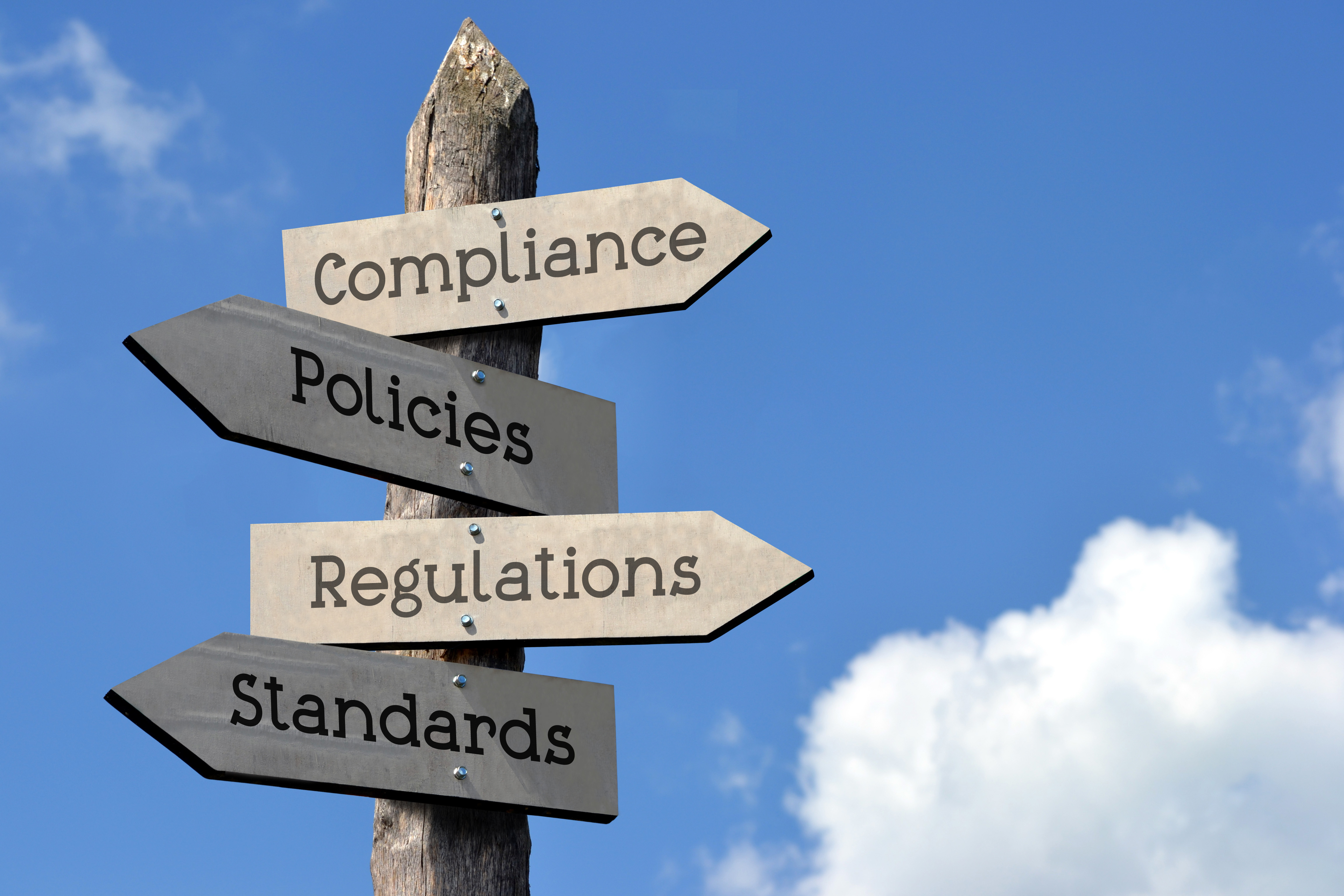Staying Compliant: Regulatory Requirements for Seattle Businesses

Operating a business in Seattle offers a wealth of opportunities within a vibrant marketplace. Along with these opportunities, it's important to be aware of and adhere to various local, state, and federal regulations. This guide provides insights into essential aspects of regulatory compliance, including conducting audits, preparing filings, and staying updated with evolving laws.
Regulatory Compliance Essentials
Conducting Compliance Audits
Regular audits play a significant role in maintaining compliance and identifying areas for improvement.
- Internal Audits: Periodically reviewing your business operations helps ensure alignment with relevant laws and regulations. This may involve examining financial records, employment practices, and operational procedures.
- Risk Assessments: Identifying potential compliance vulnerabilities allows for proactive risk management. Recognizing where your business could face challenges aids in addressing them effectively. Your governing documents, like an operating agreement, can guide your process.
- Documentation Reviews: Keeping all required records—such as licenses, permits, and employee documentation—up to date and properly maintained is essential. Well-organized documentation can be beneficial during inspections or audits. You should always keep records of these documents.
Preparing Regulatory Filings
Accurate and timely filings contribute to maintaining good standing with regulatory bodies.
- Annual Reports: Submitting necessary reports and documents to relevant agencies promptly helps in meeting legal obligations. Your Registered Agent can help with this, which is a service some business attorneys may provide.
- License and Permit Renewals: Tracking expiration dates for business licenses, permits, and certifications ensures uninterrupted operations.
- Tax Filings: Preparing and filing all required tax documents at the local, state, and federal levels is crucial. This includes business taxes, sales taxes, and any industry-specific taxes. This may be an area where you should consider consulting a CPA.
- Local Compliance: Adhering to Seattle-specific requirements, such as reporting for the Sweetened Beverage Tax, is important for businesses in certain sectors.
Ongoing Support for Evolving Regulations
Staying informed about changes in laws and regulations supports ongoing compliance efforts.
- Monitoring Regulatory Changes: Regularly checking for updates to the Seattle Municipal Code and other regulatory frameworks helps keep your business compliant with current laws.
- Adapting to New Requirements: Being aware of new state-level regulations, such as those related to specific industries, allows for timely adjustments to business practices.
- Updating Internal Policies: Reflecting new compliance standards in your internal policies and procedures, and ensuring employees are informed, supports overall compliance.
- Professional Consultation: Consulting with legal experts or compliance professionals familiar with Seattle business regulations can provide valuable guidance.
Key Focus Areas for Seattle Businesses
Being well-informed about specific local regulations is important for businesses operating in Seattle.
Business License Requirements
- Mandatory Business License: All businesses operating within Seattle must obtain a city business license, regardless of revenue levels. Your business license may require additional endorsements depending on your type of business. This is something an attorney can help you with.
- Business License Tax Threshold: As of 2024, businesses with annual taxable gross revenue of $100,000 or more are required to pay the business license tax.
- Reporting Obligations: Businesses with annual taxable gross revenue less than $100,000, or those with no business activity for the year, are not required to pay the tax. However, they must still report their gross revenue—even if it is zero—to the City of Seattle.
- Variable Tax Rates: The tax rate varies based on business type, so it's important to determine the specific rate applicable to your operations.
- Separate Tax Filings: Seattle business taxes must be filed separately from Washington state taxes. Ensuring compliance with both local and state requirements is essential.
- Annual Tax Return Deadline: Annual tax returns for Seattle businesses are due by April 30 each year.
Industry-Specific Regulations
Certain industries have additional compliance requirements. For example:
- Cannabis Businesses: Must adhere to regulations set by the Washington State Liquor and Cannabis Board and comply with local zoning laws.
- Food Delivery Platforms: Should be aware of regulations concerning gig economy workers and data privacy laws.
Zoning Regulations
Verifying that your business location complies with Seattle's zoning laws is crucial. Resources from the Seattle Department of Construction and Inspections can help determine if your business activities are permitted at your physical location.
Labor Standards Compliance
- Minimum Wage Ordinance: Seattle has its own minimum wage rates, which are currently higher than federal requirements. It is important to note that rates can vary based on employer size and benefits offered.
- Paid Sick Leave: Compliance with the Paid Sick and Safe Time Ordinance is mandatory; you must provide employees with necessary leave benefits.
Special Local Taxes
Being aware of local taxes, such as the Sweetened Beverage Tax or the JumpStart Payroll Expense Tax for larger businesses, is important. Because these taxes fund community services, they have specific reporting requirements that you should be familiar with.
Conclusion
Regulatory compliance involves adhering to a range of requirements and staying updated on changes. By conducting regular audits, preparing accurate filings, and adapting to new regulations, businesses can maintain compliance and focus on growth. This approach not only helps in meeting legal obligations but also contributes to the overall success and reputation of your Seattle-based business.
Disclaimer: This blog post is intended for informational purposes only and does not constitute legal advice. For specific guidance, please consult a qualified attorney familiar with Seattle business regulations.




